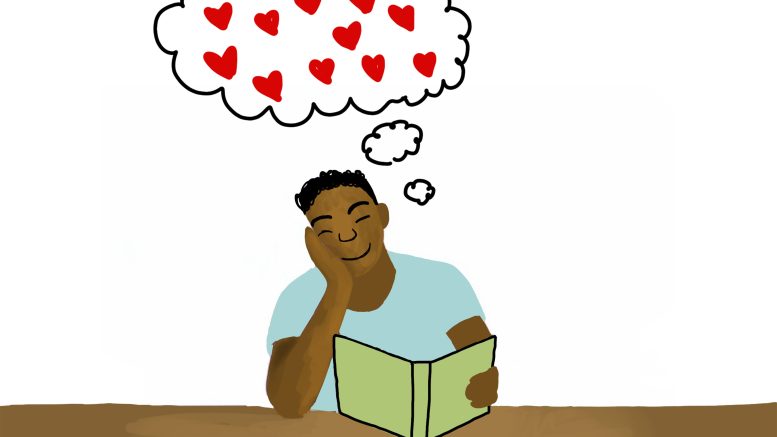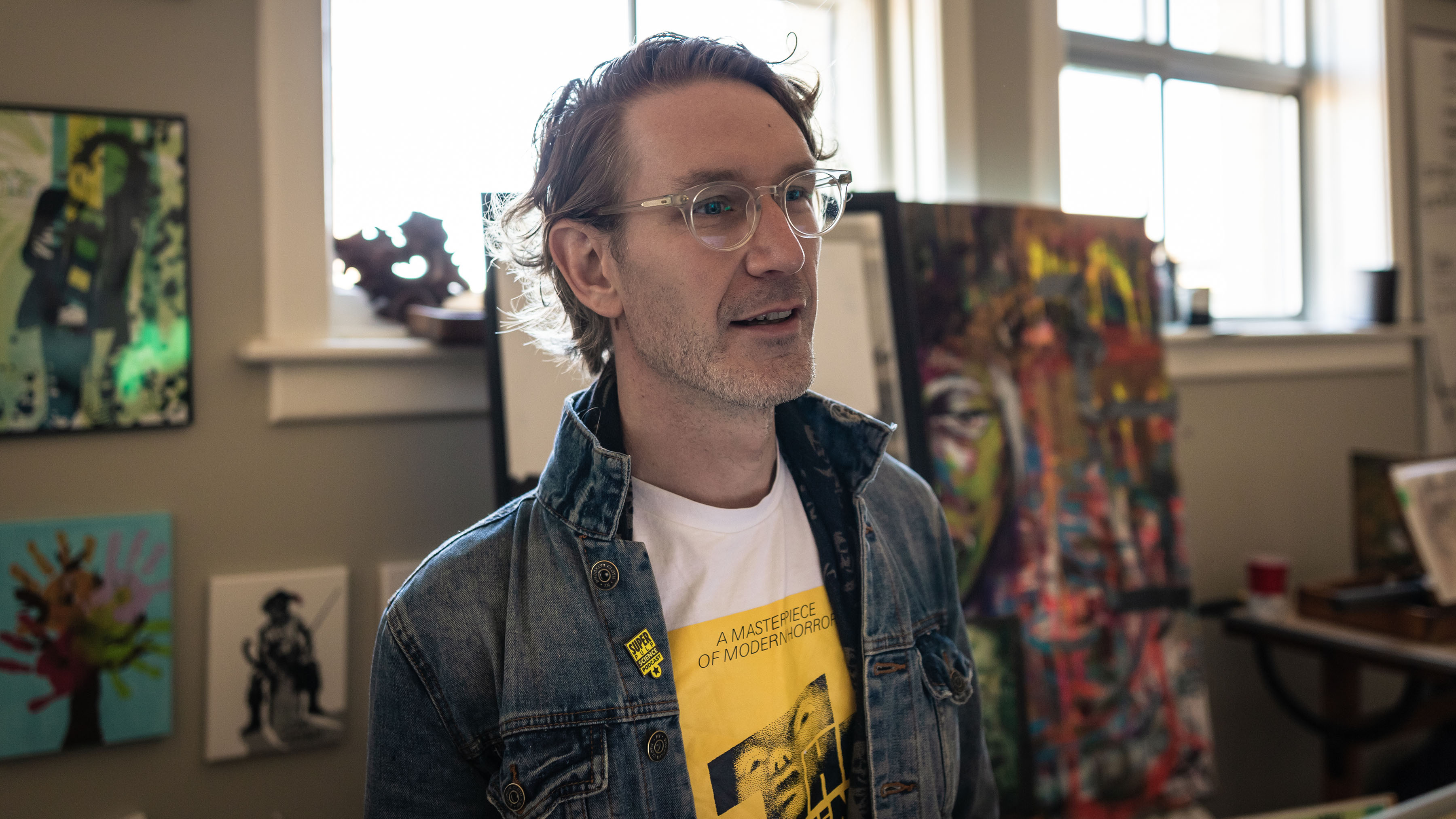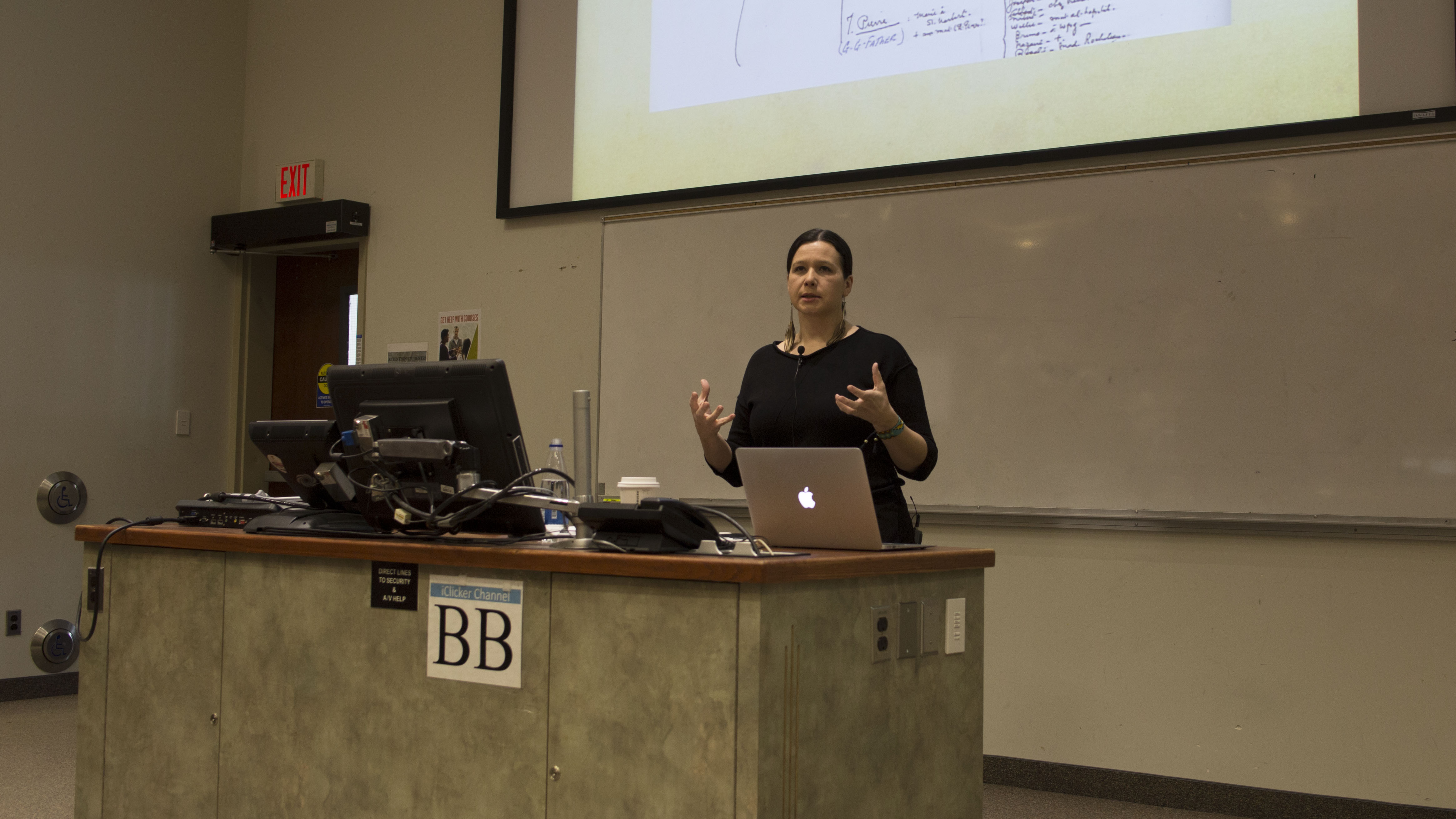Cuffing season is upon us, that time from late fall to early spring when couples seemingly pop out of the ground. At times like these, and with my eye on the socially exhausting holiday season ahead, I turn to nerds to cope.
Here are four books that encourage lonely, loveless and lovelorn readers to think critically about their notions of love. Each one is available through the U of M libraries.
A Lover’s Discourse: Fragments by Roland Barthes
Who better to get the ball rolling than the unrestrained Roland Barthes?
A Lover’s Discourse is a maniacal meditation on love. Barthes gathers quotes or “fragments” from literature and life, systematically sorts them into categories based on romantic ideas and muses about them grumpily.
On top of reading like the diary of a jilted English major, the book roves through its over 80 concepts like “adorable” and “tenderness” in an absurd alphabetical order.
I read this during Valentine’s weekend in 2021 instead of focusing on coursework. Before that, I had never read such a bitterly soft examination of love. Barthes writes out the thoughts you might keep to yourself, such as “should I telephone or shouldn’t I?” and he is good at making you feel a little less alone with them.
Desire/Love by Lauren Berlant
Have you ever caught yourself daydreaming about bumping into a stranger so gracefully that they fall in love with you, and you both frolic into the sunset? That is probably not a fantasy you came up with alone.
There are ideas about love that come to us externally, according to Lauren Berlant. Part of the reason for this is that the people seeking to realize fantasies are also paying customers in the making.
Berlant’s writing is rife with knifelike insights on tender subjects. In this book, they work through the ways that notions of love and desire come to us from a homophobic and consumerist culture.
Berlant thinks the aesthetics of love work like the engine of some industries — love aesthetics generate demand for solutions by producing single people who are desperate for them.
Berlant will help you wonder who benefits from your daydreaming.
The Cultural Politics of Emotion by Sara Ahmed
Sara Ahmed does not just write about love in this book, but love is an important part of her project. She notices that we extrapolate our ideas about love from interpersonal contexts to national politics.
For Ahmed, love is a recognition of likeness. We love someone or something because they seem to be close to our ideals.
She examines rhetoric from right-wing fascist groups, which frames those groups’ violence as love for their nation. A lovable nation for fascists is one which approximates white supremacist ideals.
As grim as the content of Ahmed’s book sounds, she fills it with light. Ahmed is one of the few living philosophers who I am a sincere fan of. She will get you to side-eye those popular representations of love that usually seem to appeal to everybody, and wonder why they are so easily co-opted.
All About Love: New Visions by bell hooks
The author bell hooks is an inevitable feature on lists like these, and that is for good reason. Her book is a grounding intersectional intervention in the genre of self-help literature.
In surveying other influential self-help works, hooks points out the ways these texts overlook the influence of class, race and gender in our relationships.
Most of all, she stresses that finding love is not just up to individuals’ self-improvement, as much as self-help literature might suggest that it is. Loving relationships are reciprocal. They are built through conversation, courage and collaborating through conflict.
What sung to me in hooks’s work was her reminder that there are other kinds of love in our lives besides romantic love, and our romantic relationships should abide those other loves.
We fuse fragments of stories we tell about love into a bricolage of stereotypes and unattainable myths. No wonder the prospect of finding love in a season when it is apparently in abundance stresses people out!
There is no shame in being single. Romance is not a magical thing, it is a human experience susceptible to the same distortions as anything else.
That does not mean you should cull the hopeless romantic in you, though. It is okay to be open to possibilities, and to be hopeful that you will experience them. We all have love in our lives. Who is to say a little more is not on the way?






